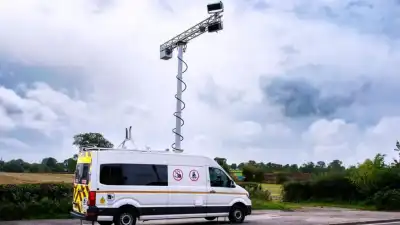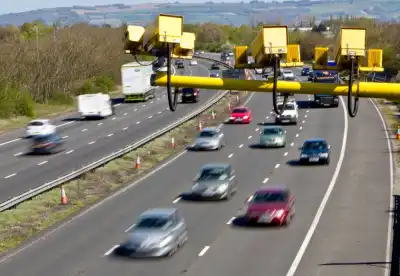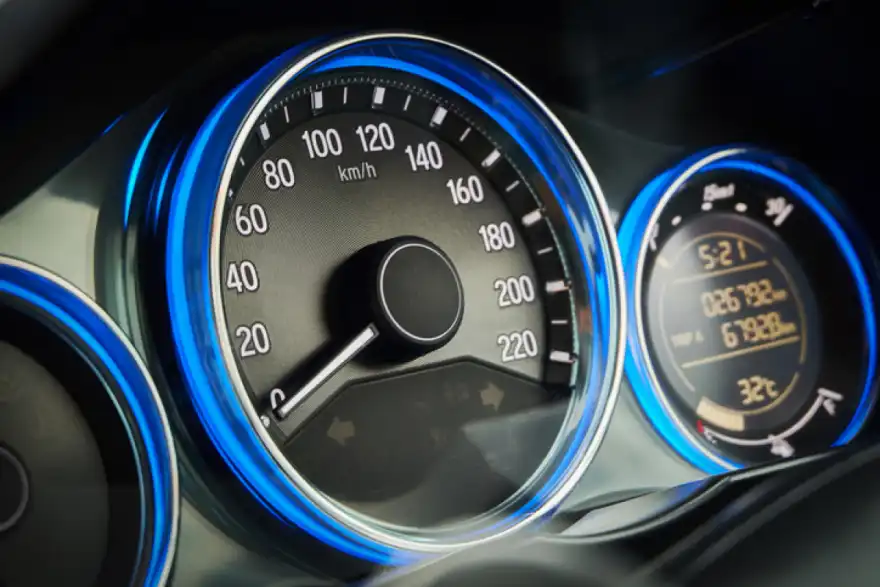
Speeding is one of the most common killers on our roads. We have mentioned recently how Volvo will be limiting the top-speed on all of their cars to 112 mph from 2020, in an effort to improve road safety standards, but the EU is planning to roll out a similar scheme to every single car sold in Europe from 2022.
Plans have been provisionally agreed in a landmark decision by the EU for mandatory safety technology to be installed on every single brand new car and the Department for Transport have confirmed that these regulations will apply to the UK irrespective of the Brexit decision.
90% of fatalities and injuries on EU roads are down to human error and EU Commissioner Elżbieta Bieńkowska stated: "Every year, 25,000 people lose their lives on our roads. The vast majority of these accidents are caused by human error. We can and must act to change this. With the new advanced safety features that will become mandatory, we can have the same kind of impact as when the safety belts were first introduced. Many of the new features already exist, in particular in high–end vehicles. Now we raise the safety level across the board, and pave the way for connected and automated mobility of the future."
The EU Commission has set expectations for what these new measures will achieve. For example, they expect that this technology will have saved over 25,000 lives and avoided 140,000 serious injuries by the year 2038. By the year 2050, the EU commission expects they will be close to achieving their goal of zero deaths on the roads - part of the ‘Vision Zero’ campaign.
So what is included in this mandatory technology?
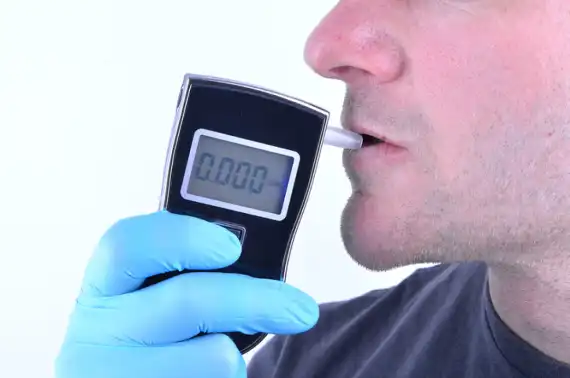
For the general public, the following technology will be installed in every brand new car from the factory:
Alcohol Interlock Installation: Every car will come with the necessary infrastructure for a breathalyser to be installed which will be necessary for starting the car. Not every driver will need to use this to start their car, only repeat drink-drivers and prolific offenders.
Advanced Emergency Braking: This is the technology which already exists in a lot of premium cars, where radars will scan the roads ahead and automatically apply the brakes if a crash or impact is imminent with the intention of reducing or preventing the collision.

Drowsiness/ Distraction Detectors: Cars will be fitted with in-car scanners and sensors which read the body language and behaviour of the driver to detect drowsiness or persistent lack of necessary attention.
Event Data Recorder: This is basically a black box which records everything from steering input, acceleration, braking and so on. This data will be recorded and then investigated following a crash to ensure there is no untoward behaviour.
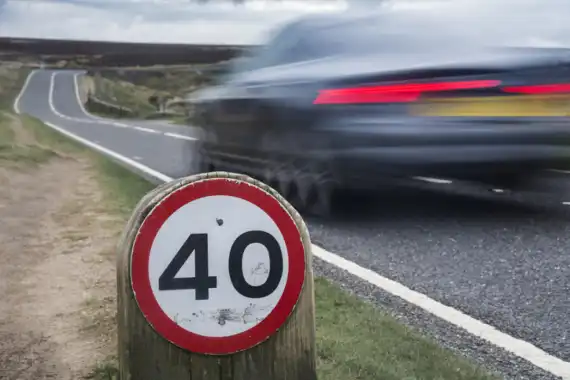
Intelligent Speed Assist: Every car will read the posted speed limit of the specific road they are driving on via GPS and the driver will have to make a concerted effort to break the speed limit by actively pressing the accelerator further.
Lane Keep Assist: Again, lots of cars already have this. It’s a feature where the driver is notified if they are veering over the line by vibrations through the steering wheel or beeping noise, the car will then correct itself and redirect to the centre of the lane if the driver doesn’t correct quickly enough.
Safety Glass: Windscreens will be replaced with safety glass to protect or at least the reduce damage caused to pedestrians or cyclists in the event of a collision.
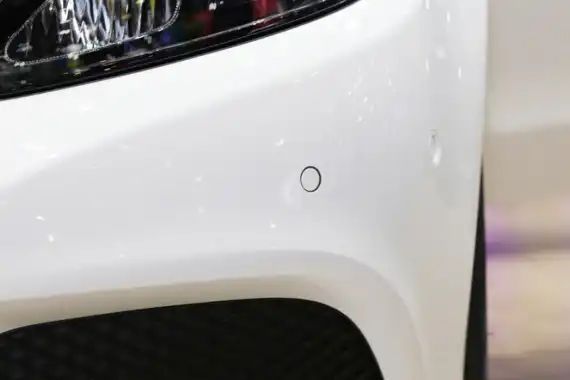
Reversing Detection Sensors: Reversing cameras and detection systems are already pretty common on cars, but they’re sold in as optional extras to rinse a few extra quid off new car buyers. Soon enough these will be standard equipment.
So. What do you think?
Inside this bundle of compulsory safety measures, there are certainly one or two things that nobody can complain about, such as standard-fitted parking sensors, advanced emergency braking and alcohol interlock installation. The fact that these suggestions have been bundled in with measures such as adding speed limiters to all cars and compulsory black-box data recorders will surely irritate a lot of motorists though. People are becoming increasingly conscious of who has access to their data nowadays, so the idea that everything you do in the car is recorded will be disturbing to some people.
Concerning the speed limiting, though, Edmund King, president of the AA, "When it comes to intelligent speed adaptation, the case is not so clear,"
"The right speed is often below the speed limit - for example, outside a school with children about - but with ISA, there may be a temptation to go at the top speed allowed."
Then there is the fact that occasionally, exceeding the speed limit or accelerating aggressively is necessary, such as when merging onto a motorway or completing an overtaking manoeuvre.
We’re extremely interested to hear your thoughts on this one. Let us know in the comments, are these changes welcome?

